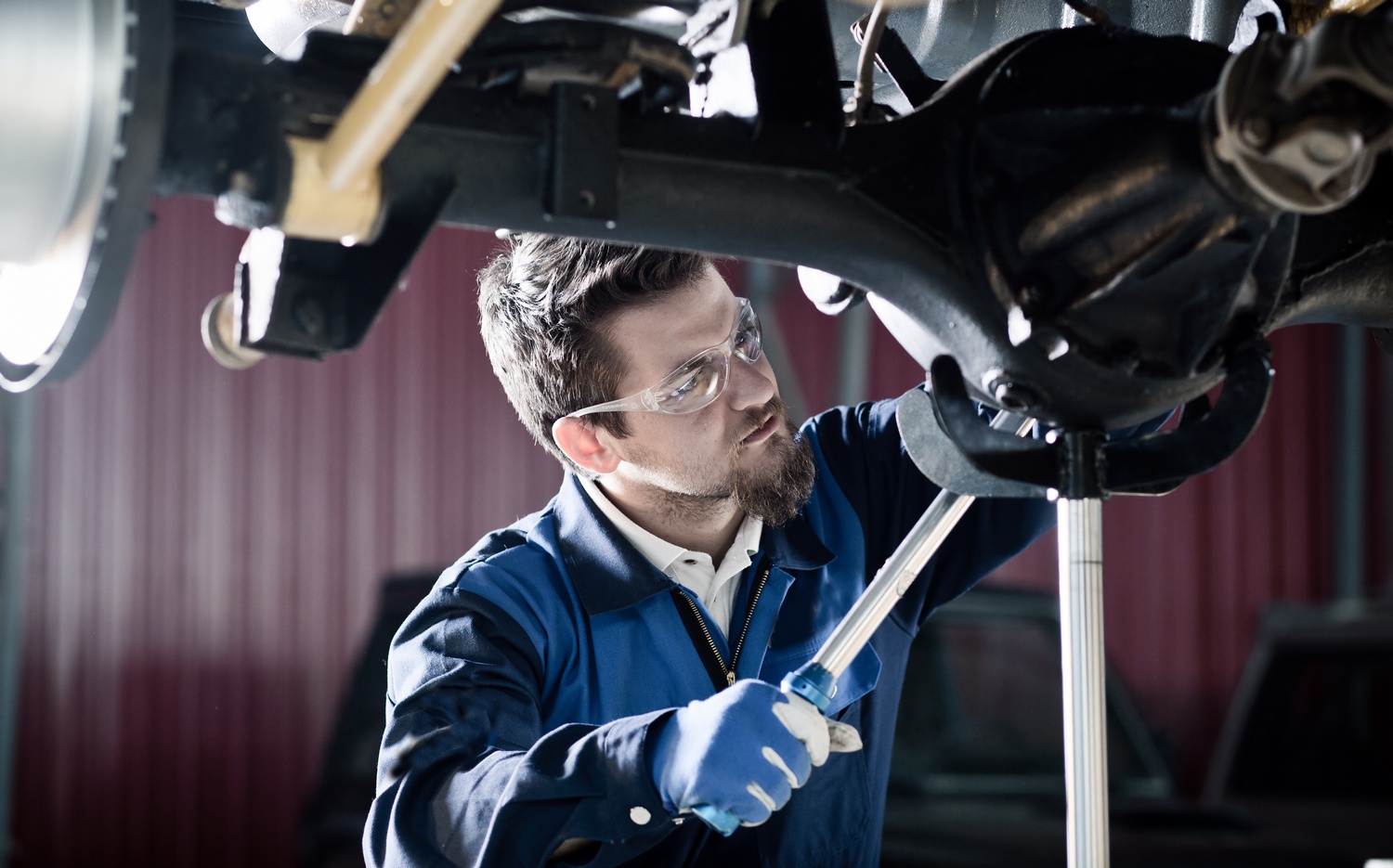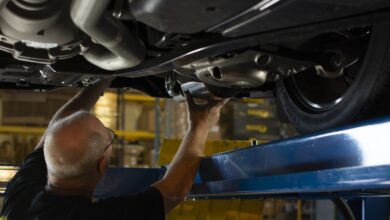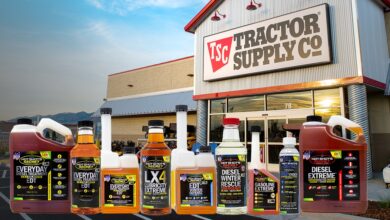Auto Repair Industry Faces Retirement Surge

More than half of independent auto repair shop owners expect to retire in the next nine years, and the majority plan to sell their businesses, potentially leading to a wave of consolidation in the industry and leaving drivers in search of a reliable neighborhood shop.
That’s according to a new survey of shop owners conducted by BOLT ON TECHNOLOGY, a leading supplier of technology solutions to auto repair shops, and trade publication PTEN.
The survey, which was administered by Paramount Research in June, asked 36,000 repair shops nationwide about business concerns, technician training, use of and investment in technology and other related topics.
The survey found that 30% of shop owners plan to retire within five years, and 22% plan to retire in six to nine years.
Of those retiring, 52% said they plan to sell the business. One in four (26%) plan to pass the business on to a family member, and one in six (17%) indicated they planned to close the business entirely.
If shop owners’ retirement plans bear out, there could be a profound impact on how the industry services and repairs cars at a time when car owners are holding onto their vehicles for longer periods of time, the study noted. Industry data reveals the average age of vehicles on the road today is 11-plus years and growing.
“The upswing in retirement across the industry means there’s going to be a glut of independent shops for sale in the next few years,” noted Sara Scullin, editor of PTEN. “So, it’s going to be a buyer’s market, and owners who plan to sell have to put processes in place now to improve business revenue and build loyal customers who keep coming back.”
The key to gaining repeat customers, she noted, is trust, and according to the survey that was the top issue shops confront when engaging with customers.
The survey found that seven out of 10 respondents (68%) have encountered negative opinions or mistrust of repair shops.
“Trust remains a significant impediment to building long-term relationship and, by extension, repeat business and ultimately profits,” said Mike Risich, founder and CEO of BOLT ON TECHNOLOGY. “Better communication with customers is one of the top training concerns among shop owners, and half of them said they’d welcome training and technology solutions that addressed this issue.”
The single biggest concern keeping shop owners up at night? The challenge of attracting and retaining skilled technicians.
The number of new technicians entering the auto repair business is at a historic low. According to a recent study by the TechForce Foundation, the 38,829 postsecondary completions of auto tech programs in 2016 was the lowest the industry has seen since its peak enrollment in 2010.
The U.S. Bureau of Labor Statistics revealed that there were barely enough new technicians that year to fill the projected demand of 75,900 needed each year to replace those retiring or leaving the industry. And only one-in-five students are interested in skilled trades today, compared to one-in-four in 1990.
Nonetheless, more than half of shop owners (51%) said they plan to hire one or more employees over the next year. Seventy percent of those hiring said new technicians were their top priority.
“The culture has changed in recent decades, and at the same time, driven by technology, vehicles are getting ever more sophisticated,” said Risich. “Shop owners need to understand that to attract the millennial generation, who were reared on technology, it is critical they adopt the latest technology solutions to run their business. The results of our survey clearly demonstrate that the old ways of doing business are past; those who maintain the status quo and who aren’t using technology to optimize operations and maximize profits will be left in the dust.”
Among the survey’s other findings:
- Nearly half of the auto shop owners (49%) who responded were 60 years of age or older. Another one-in-three (34%) were between 50 and 59 years old.
- Three out of four respondents (75%) have been in the auto repair business for 30 years or more. Another one-in-six (15%) indicated they had between 20 and 29 years of experience.
- Forty percent of respondents have owned their repair shop for 30 years or more. Another 26% have owned their shop between 20 and 29 years.
- Nearly half of the respondents (46%) said they are using incentives to recruit or retain technicians. These included cash bonuses, weekends off, commissions and profit sharing.
- Most shops require formal training of their technicians, with 55% requiring recurrent training every 1-3 years. Ongoing certification is required every 1-3 years among 47% of shop owners.
- More than seven-in-10 respondents plan to invest in diagnostic tools and equipment (78%) and/or training (71%) in the next 12 months.
- Approximately half of the respondents (49%) predict that 2019 sales will increase relative to 2018. Four-in-10 (39%) said they expect sales to remain unchanged from 2018. Only 11% expected a decrease in sales.



